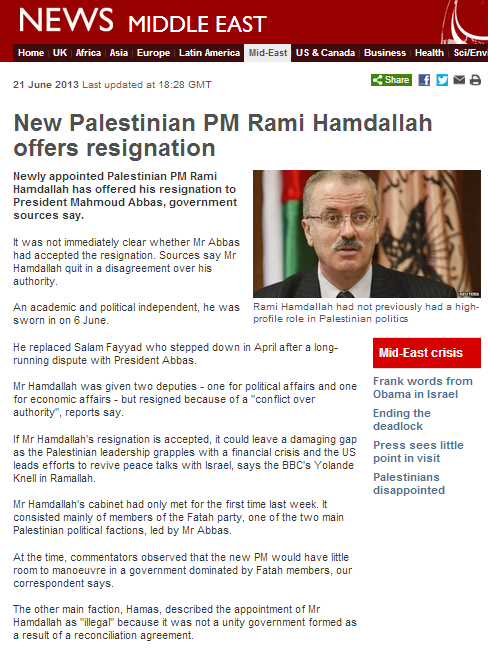1) At Ynet, Ron Ben-Yishai provides ‘Six reasons why Israel can’t agree to a cease-fire’.
“But the most serious consequence lies in risking the chance of freeing the hostages. A cease-fire of a few days will allow Hamas to move them, thereby damaging the Israeli intelligence efforts and thwarting the possibility of their release through military action. In addition, time will allow Hamas to collect hostages who are in the hands of other parties in Gaza, thereby increasing its bargaining power.”
2) At the JCPA, Lenny Ben-David discusses the ‘Multiple Iranian Rockets and Drones Fired against Israel’.
“Amid the month-long Hamas barrage of more than 9,000 rockets against Israel and Hizbullah’s occasional anti-tank rockets, a new combatant appeared on the Middle East stage. On October 19, 2023, the USS Carney, a U.S. Navy destroyer, had just traversed the Suez Canal and entered the Red Sea when it detected and destroyed four northbound cruise missiles and 15 drones throughout a nine-hour engagement. Their trajectory suggested they were heading toward Israel, and the source of the attack was Houthi-held Yemen.”
3) Writing at the Jerusalem Post, Ofir Winter and Michael Barak analyse ‘Al-Azhar’s stance’.
“Al-Azhar, Egypt’s prestigious Islamic institution, had the chance to prove itself as a beacon of tolerance and humanity, rooted in Islamic law. Regrettably, it chose to support Hamas’s horrendous massacre of innocent civilians.”
4) At the INSS, Ehud Rosen and Shahar Eilam analyse ‘The War in Gaza and the Domestic Threat in the West’.
“Since October 7 and the launch of the Swords of Iron war, and against the backdrop of increased public unrest and a wave of protests branded as “pro-Palestinian,” there has been a sharp uptick in the number of antisemitic and anti-Israel incidents in the West. These demonstrations are greater in scale and intensity than ever before, though the identity of the organizers of most of them comes as no surprise. As has been the case for the past two decades, the organizers are activists in civil society organizations. Many have a patently anti-Western agenda, camouflaged as promoting the rights of minority groups. They are part of the “red-green alliance,” which is a vanguard of the campaign to delegitimize and boycott Israel (the BDS movement).”
5) MEMRI provides a report on ‘Turkey-Hamas relations from 2004 to today’.
“Turkish President Recep Tayyip Erdoğan’s close relations with Hamas, the public record of which goes back nearly 20 years, appear to have been largely unaffected by Hamas’s October 7 attack on Israel. While there are rumors that Isma’il Haniyeh, who has since 2017 been chairman of the Hamas Political Bureau, was in Istanbul on October 7, and reports that Erdoğan thereafter asked him and the rest of Hamas to leave Turkey, the veracity of these claims remains unclear.
What is clear is that Erdoğan’s rhetoric, after he called the attack “the lowest terrorism” the day it happened, has since tilted against Israel.”





